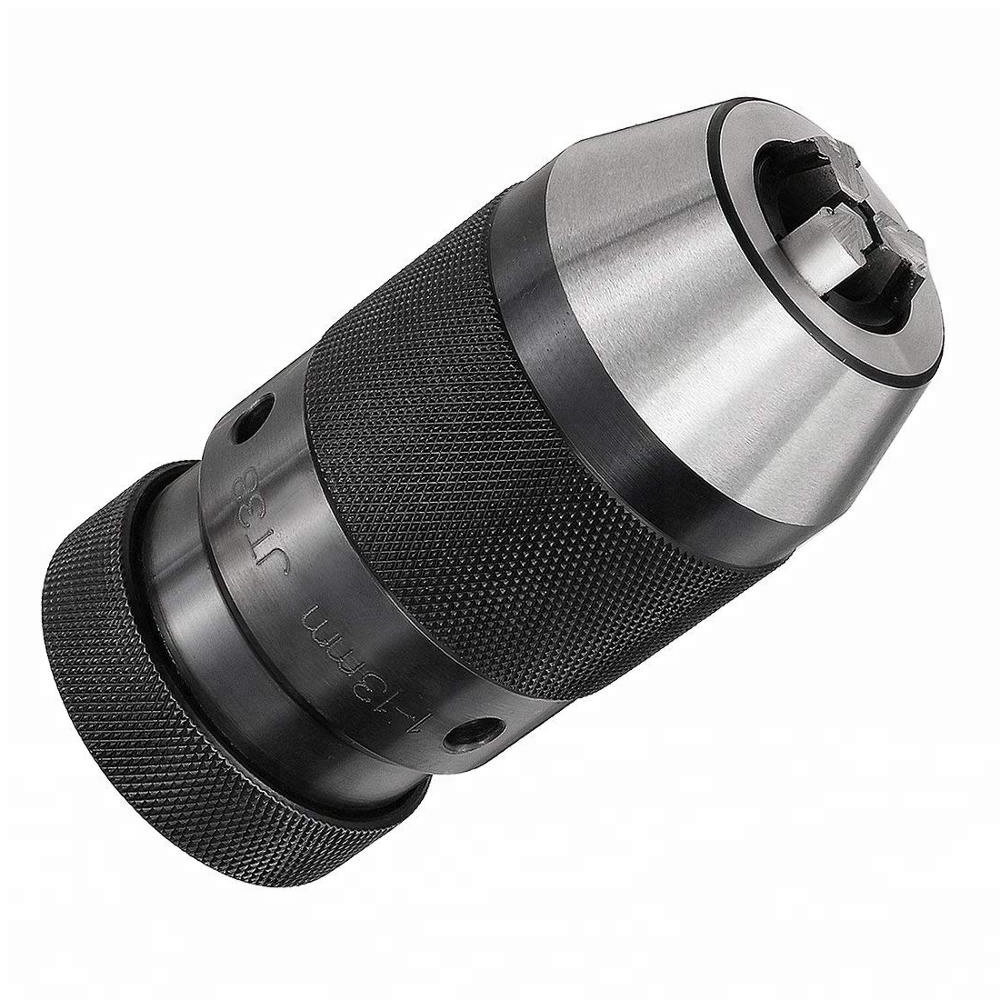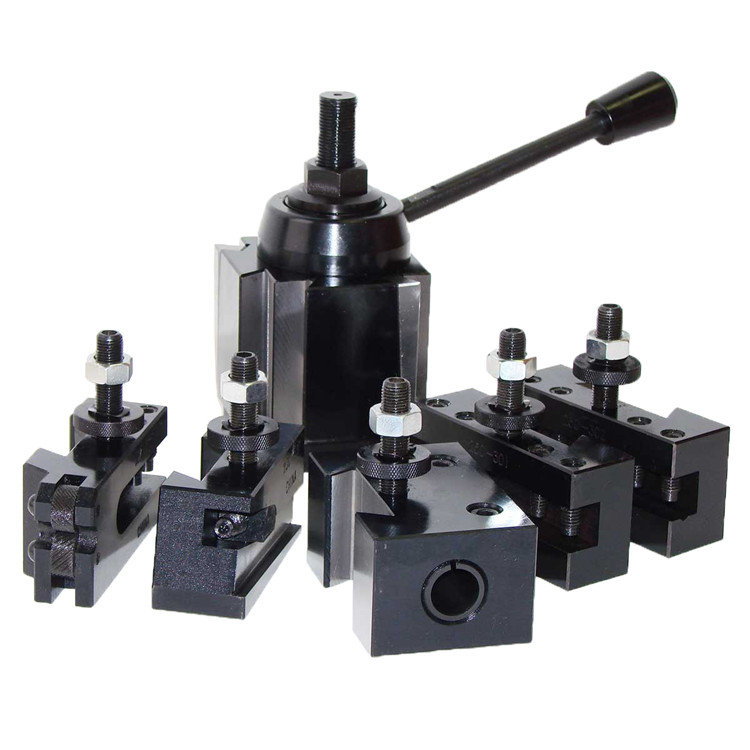Wholesale plug gauge
A wholesale plug gauge is a precision measuring tool used to inspect the internal dimensions of manufactured parts, ensuring they fall within specified tolerances. This guide provides a detailed overview of plug gauges, covering their types, materials, applications, and factors to consider when purchasing wholesale.
Understanding Plug Gauges
Plug gauges, also known as pin gauges, are essential tools in manufacturing and quality control. They are designed to check the accuracy of holes and bores in various components. A plug gauge is a cylindrical gauge, typically made of hardened steel, that is precisely ground to a specific diameter.
Types of Plug Gauges
Several types of plug gauges cater to different measurement needs. Here's a breakdown of the common types:
- Go/No-Go Plug Gauges: These are the most common type. The 'Go' end checks the minimum acceptable hole size, while the 'No-Go' end checks the maximum. If the 'Go' end enters the hole but the 'No-Go' end doesn't, the part is within tolerance.
- Progressive Plug Gauges: Similar to Go/No-Go gauges, but both the 'Go' and 'No-Go' ends are on the same gauge. This allows for quicker inspection.
- Taper Plug Gauges: Used to check the accuracy of tapered holes.
- Thread Plug Gauges: Used to inspect the internal threads of a hole.
- Air Plug Gauges: These use air pressure to measure the internal diameter of a hole. They offer higher precision compared to traditional plug gauges.
- Setting Plug Gauges: Used to calibrate other measuring instruments, such as bore gauges.
Materials Used in Plug Gauges
The material of a plug gauge is crucial for its durability and accuracy. Common materials include:
- Tool Steel: High-carbon tool steel, hardened and tempered for wear resistance.
- High-Speed Steel (HSS): Offers better wear resistance than tool steel, particularly at higher temperatures.
- Carbide: Provides exceptional wear resistance and is suitable for abrasive materials.
- Ceramic: Extremely hard and wear-resistant, but more brittle than steel or carbide.
Applications of Wholesale Plug Gauges
Wholesale plug gauges are used across various industries to ensure quality and consistency. Here are some common applications:
- Automotive: Checking the dimensions of engine components, transmission parts, and other critical components.
- Aerospace: Ensuring the accuracy of holes in aircraft parts, where precision is paramount.
- Manufacturing: Inspecting the dimensions of machined parts, castings, and forgings.
- Electronics: Verifying the size of holes in printed circuit boards (PCBs) and other electronic components.
- Medical Devices: Ensuring the precision of components used in medical instruments and implants.
Factors to Consider When Buying Wholesale Plug Gauges
Purchasing wholesale plug gauges requires careful consideration to ensure you get the right tools for your needs. Here are some key factors to keep in mind:
- Tolerance: Choose plug gauges with the appropriate tolerance for your application. The tolerance should be smaller than the tolerance of the part you are inspecting.
- Material: Select the appropriate material based on the material of the part you are inspecting and the expected wear and tear.
- Type: Determine the specific type of plug gauge required for your application (Go/No-Go, progressive, taper, etc.).
- Size Range: Ensure that the plug gauges cover the range of hole sizes you need to inspect.
- Accuracy: Look for plug gauges that meet recognized standards, such as ANSI or DIN.
- Supplier Reputation: Choose a reputable supplier known for quality and reliability. Consider companies like Wayleading Tools for dependable tooling solutions.
- Calibration: Ensure that the plug gauges are calibrated and traceable to national standards.
- Price: Compare prices from different suppliers, but don't sacrifice quality for cost.
Advantages of Buying Plug Gauges Wholesale
Purchasing plug gauges wholesale offers several benefits, including:
- Cost Savings: Buying in bulk typically results in lower per-unit costs.
- Inventory Management: Having a ready supply of plug gauges on hand reduces downtime and ensures you can meet production demands.
- Consistency: Purchasing from a single supplier ensures consistent quality and standards.
Plug Gauge Inspection Best Practices
Proper handling and inspection techniques are essential for maintaining the accuracy and longevity of plug gauges. Here are some best practices:
- Cleanliness: Keep plug gauges clean and free from dirt, debris, and rust.
- Handling: Handle plug gauges with care to avoid dropping or damaging them.
- Storage: Store plug gauges in a dry, protected environment to prevent corrosion.
- Calibration: Regularly calibrate plug gauges to ensure their accuracy.
- Inspection: Visually inspect plug gauges before each use for any signs of damage or wear.
Troubleshooting Common Plug Gauge Issues
Even with proper care, plug gauges can sometimes encounter problems. Here are some common issues and how to address them:
- Gauge Won't Enter Hole: Check for burrs or obstructions in the hole. Ensure the plug gauge is the correct size and within tolerance.
- Gauge Feels Loose: This indicates the hole is out of tolerance. Investigate the manufacturing process to identify the cause.
- Gauge Shows Signs of Wear: Replace the plug gauge with a new one to maintain accuracy.
Plug Gauge Standards
Various standards govern the design, manufacturing, and calibration of plug gauges. Some of the most common standards include:
- ANSI (American National Standards Institute): Sets standards for dimensional accuracy and material properties.
- DIN (Deutsches Institut für Normung): German standards for gauging and measurement.
- ISO (International Organization for Standardization): International standards for various aspects of manufacturing and quality control.
Plug Gauge Measurement Data Example
Below is an example of plug gauge sizes and their corresponding tolerance values. The data parameters are for reference only, always refer to the official standards for specific values.
| Nominal Size (inches) | Go Gauge Tolerance (inches) | No-Go Gauge Tolerance (inches) |
|---|---|---|
| 0.125 | +0.0002 / -0.0000 | -0.0002 / +0.0000 |
| 0.250 | +0.0002 / -0.0000 | -0.0002 / +0.0000 |
| 0.500 | +0.0003 / -0.0000 | -0.0003 / +0.0000 |
| 1.000 | +0.0004 / -0.0000 | -0.0004 / +0.0000 |
Note: Tolerance values may vary depending on the specific standard and manufacturing process.
Conclusion
Wholesale plug gauges are indispensable tools for ensuring the accuracy and quality of manufactured parts. By understanding the different types, materials, applications, and factors to consider when purchasing them, you can make informed decisions and optimize your quality control processes. Remember to choose a reputable supplier like Wayleading Tools for reliable and accurate plug gauges. With proper handling and maintenance, plug gauges can provide years of accurate service.
Disclaimer: This article is for informational purposes only and should not be considered a substitute for professional advice. Always consult with qualified experts for specific applications and requirements.
Reference: ANSI B89.1.5-1998, Dimensional Measurement Methods Using Plug Gages.
Related products
Related products
Best selling products
Best selling products-
 Type E Oval Tungsten Carbide Rotary Burr
Type E Oval Tungsten Carbide Rotary Burr -
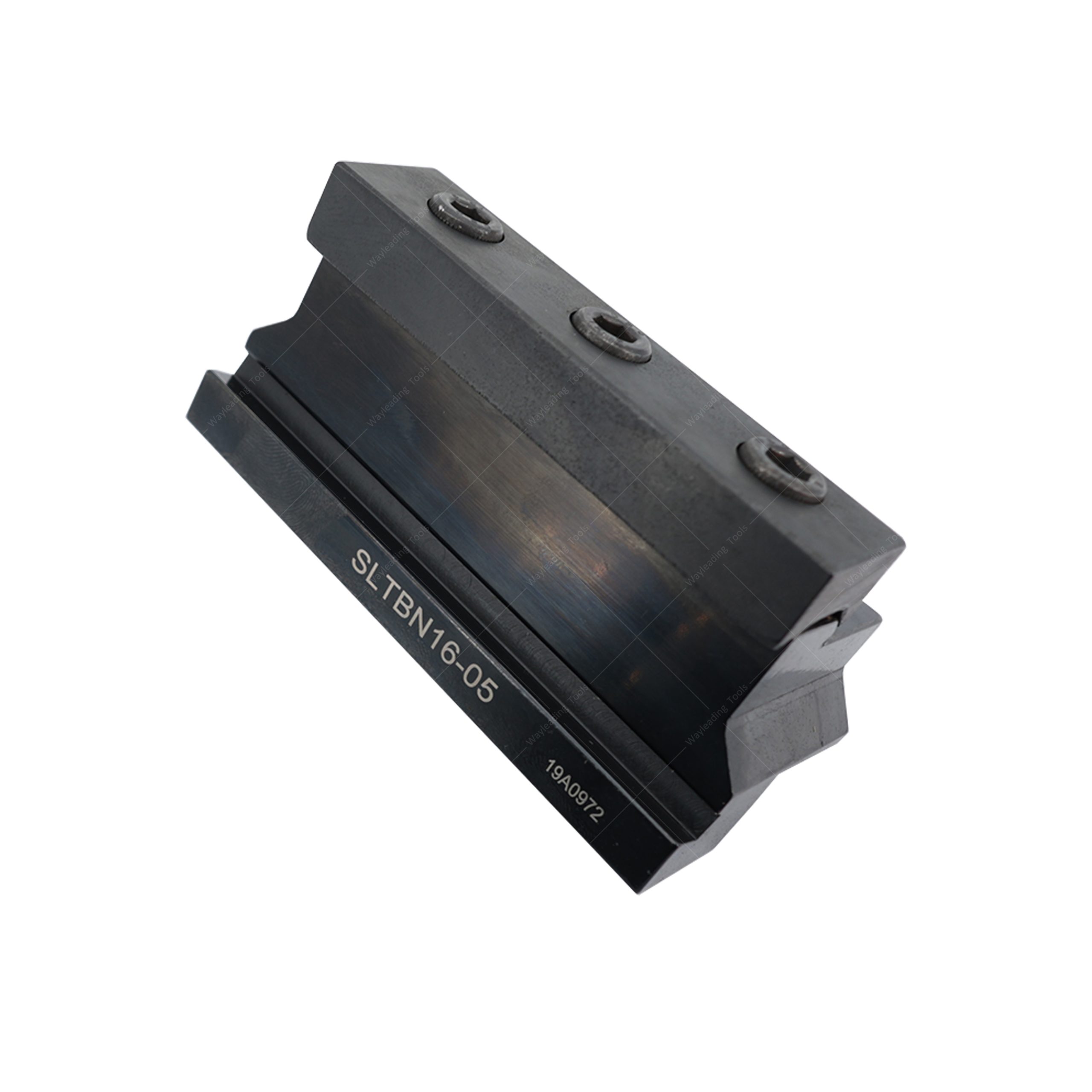 Parting & Grooving Tool Block For NCIH Blades
Parting & Grooving Tool Block For NCIH Blades -
 HSS Metric Plain Metal Slitting Saws For Industrial
HSS Metric Plain Metal Slitting Saws For Industrial -
 R8 Hex Collet With Inch and Metric Size
R8 Hex Collet With Inch and Metric Size -
 ANSI B94 HSS Jobber Length Drill Bits Fully Ground
ANSI B94 HSS Jobber Length Drill Bits Fully Ground -
 Precision Outside Micrometer Of Inch & Metric With Rachet Stop
Precision Outside Micrometer Of Inch & Metric With Rachet Stop -
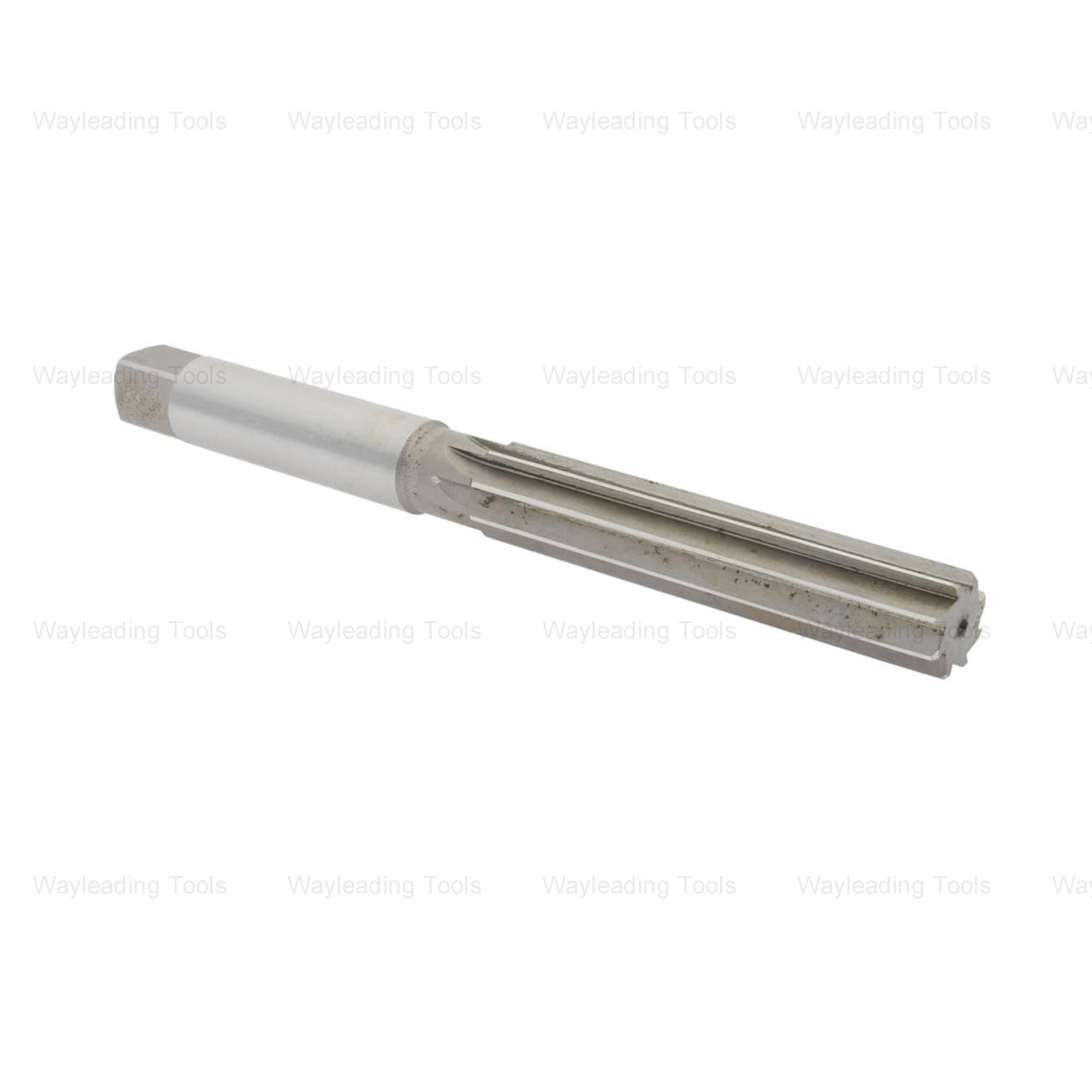 HSS Hand Reamers – Metric & Inch Sizes, Straight or Spiral Flutes
HSS Hand Reamers – Metric & Inch Sizes, Straight or Spiral Flutes -
 32 Blades Feeler Gauge From 0.04-0.88MM
32 Blades Feeler Gauge From 0.04-0.88MM -
 Precision 2pcs Angle Blocks Set With High Quality Type
Precision 2pcs Angle Blocks Set With High Quality Type -
 7pcs Carbide Turning Tool Set With Metric & Inch Size
7pcs Carbide Turning Tool Set With Metric & Inch Size -
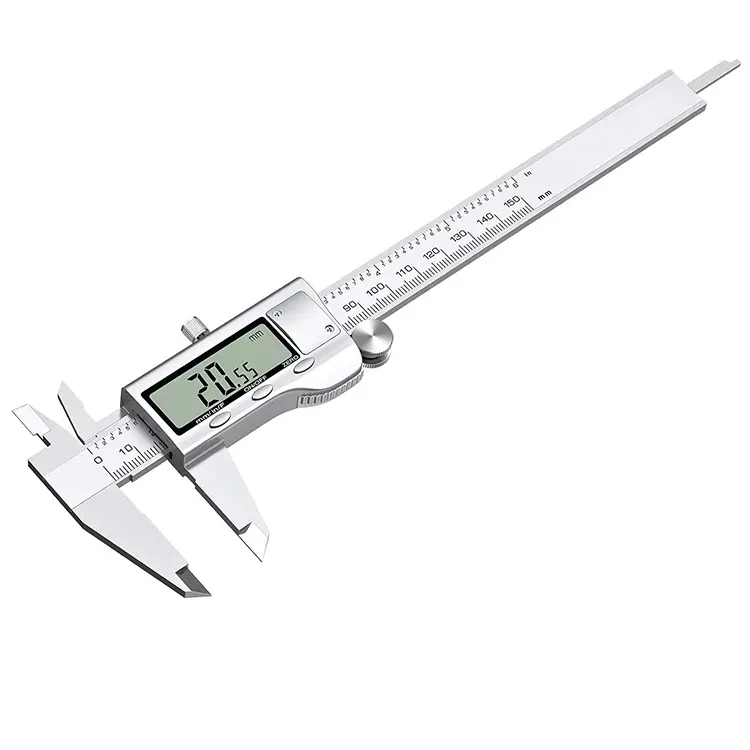 Precision Digital Caliper Of Metal Case For Industrial
Precision Digital Caliper Of Metal Case For Industrial -
 Precision Monoblock Vernier Caliper – Metric & Inch, Industrial Use
Precision Monoblock Vernier Caliper – Metric & Inch, Industrial Use





